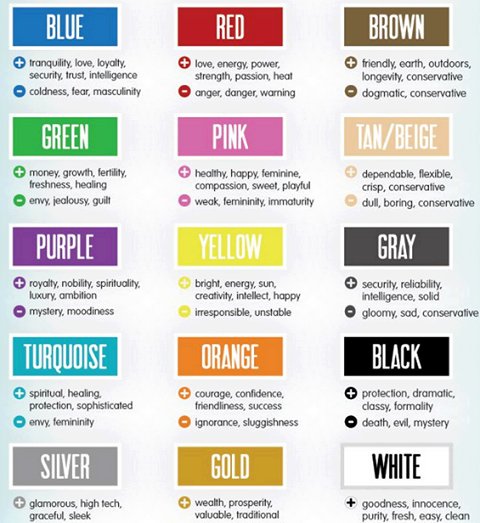Language is Denotative and Connotative. Denotative refers to the meaning you'd find in a dictionary; it's the meaning that members of the culture assign to a word.
Connotative refers to the emotional meaning that specific speakers-listeners give to a word. Words have have both kind of meaning. For example, when a person uses the word, “father,” it will not be value free. A father may connote various other thoughts and feelings such as kindness, severity, love, or abuse. Therefore, in interpreting a text, it will be important to ask what words connote in that particular context. Also it will be important to realize that words can connote very different notions with a change in time and place.
For example, if we look at the term rose. The denotation is that it is a red, wild flower. If we look at the connotations, we naturally associate a rose with Valentine's Day or romance and courting.



No comments:
Post a Comment